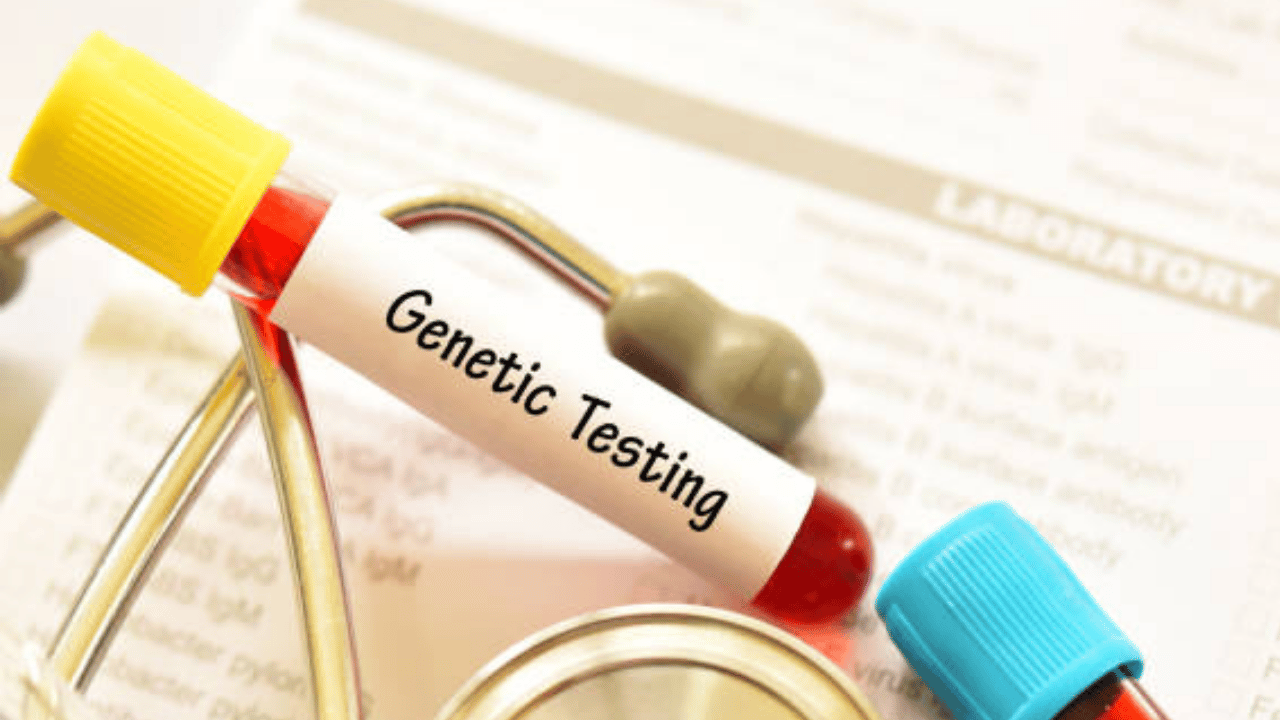How Does Genetic Testing Help with ADHD Medication?
Attention Deficit Hyperactivity Disorder(ADHD) is a condition that affects how people focus, control impulses, and manage their energy. People with ADHD may have trouble sitting still, paying attention, or finishing tasks. This can make school, work, and daily life a bit more challenging.
In the U.S., it's estimated that about 7 million (11.4%) US children aged 3–17 years have been diagnosed with ADHD. This means millions of people, both children and adults, are living with the condition. Finding the right medication can be tough, though. It often takes time and several tries to find what works best for each person.
That's where genetic testing comes in. It can help doctors choose the best medication based on a person’s unique genetic makeup. This means fewer wrong medications and better results. In this blog post we’ll understand how genetic testing can make a difference in ADHD treatment.
What is Genetic Testing for ADHD?
Genetic testing for ADHD is a way to understand how your genes might affect how you respond to different medications. Our genes play a big role in how our bodies process medicine. With ADHD, finding the right medication can be tricky because people react differently to the same treatment.
Genetic testing looks at specific genes to see how a person’s body might react to certain ADHD medications. This can help doctors pick the medication that’s most likely to work well for someone, based on their genetic profile.
By using genetic testing, doctors can avoid the trial-and-error process, saving time and reducing the chance of side effects. It’s a personalized way to help manage ADHD more effectively.
How Genetic Testing Can Personalize ADHD Treatment
Genetic testing helps doctors choose the right ADHD medication by looking at how your body processes different drugs. Everyone’s genes are different, and this affects how we respond to medication. Some people might have trouble processing certain ADHD medications, while others might respond well.
By analyzing specific genes, genetic testing helps doctors see which medications are likely to work best for you. It can help identify which medications your body will absorb and break down most effectively. This means the doctor can recommend a treatment plan that fits you personally, instead of just picking a medication randomly.
This personalized approach makes it easier to find the right medication faster. It also helps reduce the chances of side effects because the treatment is tailored to how your body works. In short, genetic testing makes ADHD treatment more effective and less of a guessing game.
What are the Benefits of Genetic Testing in ADHD Medication Management
Genetic testing offers several advantages when managing ADHD medication. One of the biggest benefits is that it helps doctors find the right medication faster. Instead of trying different drugs and waiting for results, genetic testing can predict how your body will respond to specific medications based on your genes. This leads to fewer trials and errors, saving both time and frustration.
Additionally, it helps minimize side effects because the medication is chosen with your body’s unique needs in mind. By customizing the treatment, genetic testing not only makes managing ADHD more effective but also improves your overall treatment experience.
Benefits of Genetic Testing in ADHD Medication Management:
Faster Medication Selection: Helps doctors identify the right medication quicker, reducing the trial-and-error process.
Reduced Side Effects: By understanding how your body processes medication, genetic testing can avoid medications that might cause unwanted side effects.
Personalized Treatment: Tailors ADHD medication to your genetic makeup, ensuring the treatment fits your specific needs.
Improved Medication Efficacy: Increases the chances that the prescribed medication will work effectively for you.
Better Medication Adherence: When the right medication is found faster, you're more likely to stick with the treatment and feel better results.
What is The Process of Getting Genetic Testing for ADHD?
Getting genetic testing for ADHD is a simple process, but it does require a few steps. First, you’ll need to consult with your doctor or a healthcare professional. They will determine if genetic testing is a good option for you based on your medical history and ADHD treatment challenges. If they recommend testing, you’ll typically need to provide a small sample of your DNA, usually from a cheek swab or blood test.
Once the sample is collected, it is sent to a lab for analysis. The lab examines specific genes that can affect how your body processes ADHD medications. The results are usually available in a few weeks. Afterward, your doctor will review the results with you and discuss the best treatment options based on your genetic profile.
While the testing process itself is straightforward, it’s important to remember that genetic testing is just one part of the ADHD treatment journey. It helps guide medication choices but should be used alongside other assessments and professional advice.
A Personalized Approach to ADHD Treatment with Genetic Testing
Genetic testing is transforming the way ADHD is managed. By providing doctors with a clearer understanding of how a patient’s body processes medication, genetic testing helps personalize ADHD treatment. This approach reduces trial-and-error, minimizes side effects, and improves the effectiveness of the chosen medication. As we continue to advance in the understanding of genetics and medicine, personalized ADHD treatment options will only improve, offering patients a better chance at a life with fewer struggles.
At Mass Mind Center, we are committed to helping individuals with ADHD by combining the latest scientific research with innovative technologies. Our team of experts uses genetic testing and other personalized treatment methods to tailor ADHD management plans for each individual. By focusing on the unique needs of our clients, we ensure that they receive the most effective and least disruptive treatments available. With our patient-centered approach, we guide individuals through their ADHD journey, empowering them to achieve better outcomes and improved quality of life.


